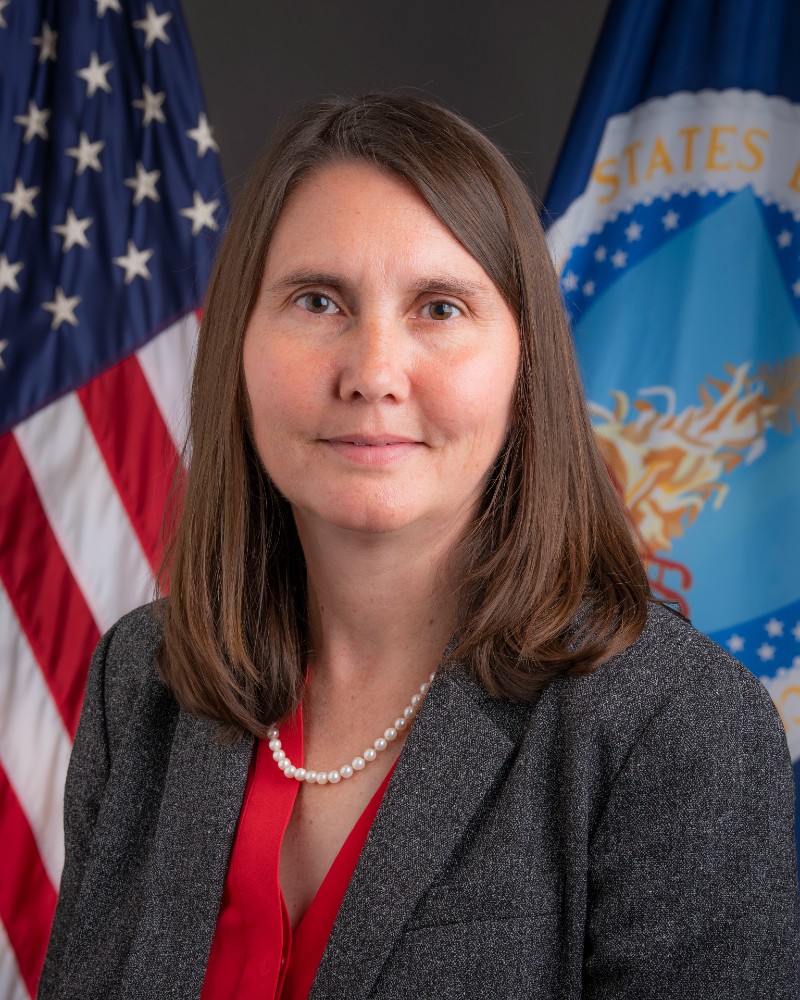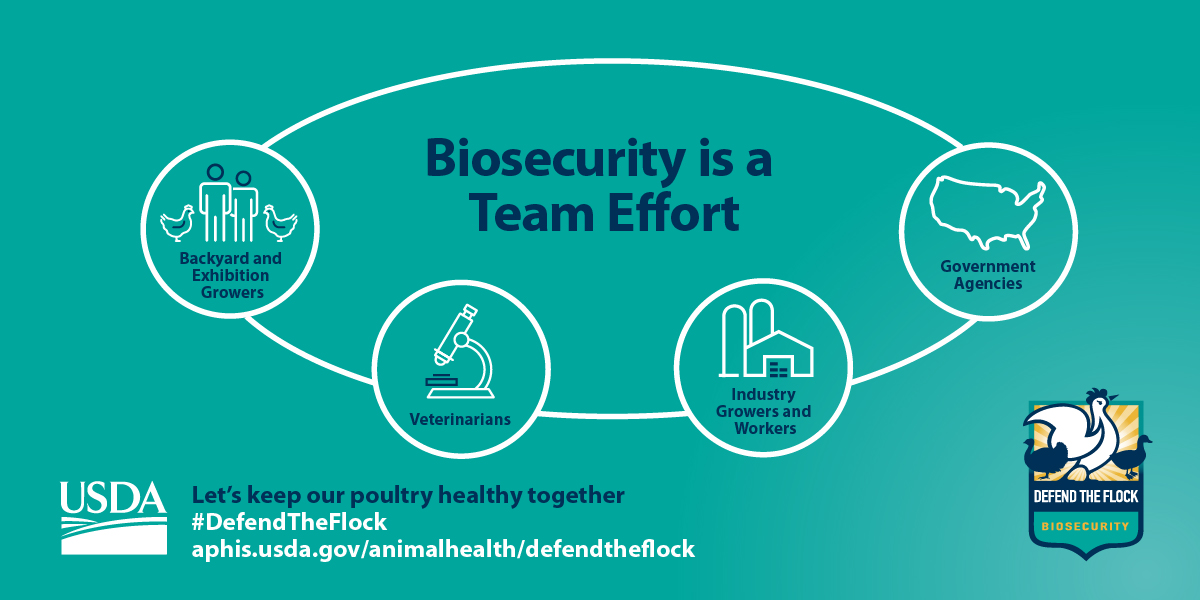In this Ask the Expert, Dr. Rosemary Sifford answers questions about the outbreak of highly pathogenic avian influenza in the United States. Sifford is the Chief Veterinary Officer of the United States and Deputy Administrator of the Veterinary Services program, part of USDA’s Animal and Plant Health Inspection Service (APHIS).

What is avian influenza?
Avian influenza--the bird flu--is a virus that infects wild birds (such as ducks, gulls and shorebirds) and domestic poultry (such as chickens, turkeys, ducks and geese). The strains are divided into two groups based upon virus’ ability to affect poultry: low pathogenic avian influenza (LPAI) and highly pathogenic avian influenza (HPAI). Native North American strains of avian influenza naturally occur in wild birds and can spread to domestic birds. In most cases it causes no signs of infection or only minor clinical signs in birds; these are LPAI or “low path” viruses. LPAI H5 and H7 strains have the potential to mutate into HPAI and are therefore closely monitored. HPAI, or “high path” avian influenza, spreads very rapidly and has a high death rate in domestic birds.
In 2022, Eurasian lineage H5 HPAI was confirmed in commercial and backyard flocks in 34 states and in wild birds in 35 states. The latest information about detected cases is available on the APHIS website.
Is HPAI a food safety or human health issue?
Avian influenza is not transmissible by eating properly prepared poultry. Proper handling and cooking protect against all avian influenza viruses. The chance of infected poultry or eggs entering the food chain is extremely low because of the rapid onset of symptoms in poultry and USDA safeguards, which include testing and inspection.
According to the U.S. Centers for Disease Control and Prevention (CDC), the public health risk from this avian influenza detection remains low, but there have been rare cases of human infections, mostly due to direct contact with infected birds. To date, there have only been two humans confirmed with this virus strain worldwide, and both had contact with sick birds. Avian influenza viruses do not spread easily among people. Visit the CDC website for more information.

What can bird owners to do prevent HPAI in their flocks?
Poultry producers or owners, from the small backyard owner to the large commercial operator, should review their biosecurity activities to assure the health of their birds. Also, all bird owners should prevent contact between their birds and wild birds and report sick birds or unusual bird deaths to state/federal officials, either through their state veterinarian or through APHIS’ toll-free number at 1-866-536-7593. When possible, APHIS urges producers to consider bringing birds indoors to further prevent exposures.
APHIS resources are available for both commercial poultry producers and backyard bird owners through our Defend the Flock campaign. APHIS offers more information about this campaign and links to toolkits containing biosecurity checklists, videos, and more.
What will happen if HPAI is detected in my birds or in a flock close to mine?
If HPAI is detected on your property or close to it, APHIS and your state veterinarian’s office assist you and others in the local area to immediately contain the outbreak and protect animal health. If your birds appear sick or if HPAI has been reported in your area, USDA or state officials will sample your flock to check for HPAI.
If you have HPAI in your flock, we will help you stop the disease from spreading. This includes quarantining your operation, depopulating the affected flock, testing wild and domestic birds in the quarantine area, disinfecting the affected location, and confirming the area is virus free. Following quarantine requirements, using proper biosecurity, and cooperating with federal and state officials are the best things you can do to keep HPAI from spreading. APHIS also offers advice on what to expect.
Will producers be compensated for the birds?
The Animal Health Protection Act authorizes APHIS to indemnify producers for birds and eggs destroyed during a disease response. APHIS also compensates for depopulation and disposal and virus elimination.
APHIS compensates for birds destroyed using species-specific calculators that determine the birds’ fair market value. We also pay for eggs that must be destroyed.
In 2018, an APHIS final rule outlined conditions that USDA will indemnify farms affected by highly pathogenic avian influenza (HPAI). This final rule:
- Allows indemnification split between poultry and egg owners and their contracted growers and provides a formula for the split;
- Adopts biosecurity principles established by the National Poultry Improvement Plan (NPIP); and
- Requires auditable biosecurity plans for larger-sized operations to receive indemnification.
More information:
Defend the Flock Program
Highly Pathogenic Avian Influenza (HPAI)
Lyndsay Cole is the assistant director of public affairs with APHIS. She can be reached by email at lyndsay.m.cole@usda.gov.


